Dangote Cement's Commitment to Community Engagement and Environmental Stewardship
Dangote Cement Plc is prioritizing community engagement, empowerment, and environmental stewardship as key pillars of its sustainable growth strategy. The company asserts that true progress is reflected not only in economic gains but also in the comprehensive development of all stakeholders involved.During a recent media interaction in Obajana, Mr. Azad Nawabuddin, the Plant Director of Dangote Cement Plc, emphasized the deep-rooted relationship between Dangote Cement and its host communities. He highlighted that this relationship is not merely transactional but is founded on mutual trust, respect, and shared goals.
“The communities in which we operate are not just beneficiaries; they are our partners in progress,” Nawabuddin stated, underscoring the importance of these partnerships.
Nawabuddin, who recently transitioned from the Ibese plant to the Obajana plant, reaffirmed the company’s unwavering commitment to its host communities. He detailed plans to collaborate with key stakeholders in Obajana to initiate and implement impactful projects. Central to this vision is the empowerment of local residents through skills development and capacity-building initiatives.
“We recognize the importance of equipping community members with the requisite skills to thrive in today’s competitive landscape,” Nawabuddin said. He explained that enhancing the employability and fostering entrepreneurship among youth and women in the host communities are critical components of this strategy.
The director outlined a comprehensive approach to corporate social responsibility (CSR) and sustainable development, emphasizing that Dangote Cement sees its host communities as integral partners. This approach includes regular meetings with community members to discuss support opportunities, including business ventures and contract awards. Through open dialogue, the company aims to execute projects that offer lasting benefits to the communities.
Nawabuddin also highlighted the importance of environmental stewardship in Dangote Cement’s operations. “We are custodians of the environment, and it is our duty to ensure that our activities leave a positive impact on the ecosystem,” he stated. The company is committed to sustainable practices that protect and preserve the environment.
In addition to socio-economic initiatives, Nawabuddin addressed security concerns in the host communities. He emphasized the company’s efforts to work closely with law enforcement agencies and community leaders to mitigate security risks and ensure the well-being of residents.
“We are working closely with local authorities and community leaders to enhance security measures and create a safe and conducive environment for all,” Nawabuddin added.
Overall, Dangote Cement’s focus on community engagement, empowerment, and environmental stewardship underscores its holistic approach to progress and development, ensuring that its growth benefits all stakeholders and contributes positively to the wider community and environment.

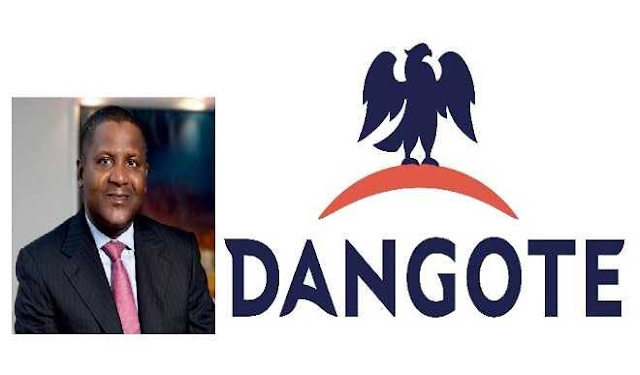

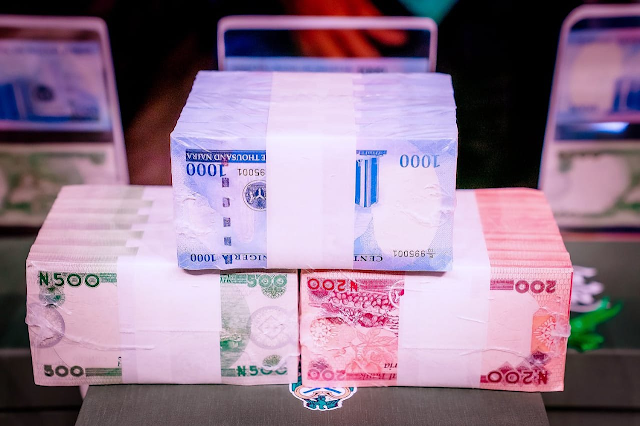



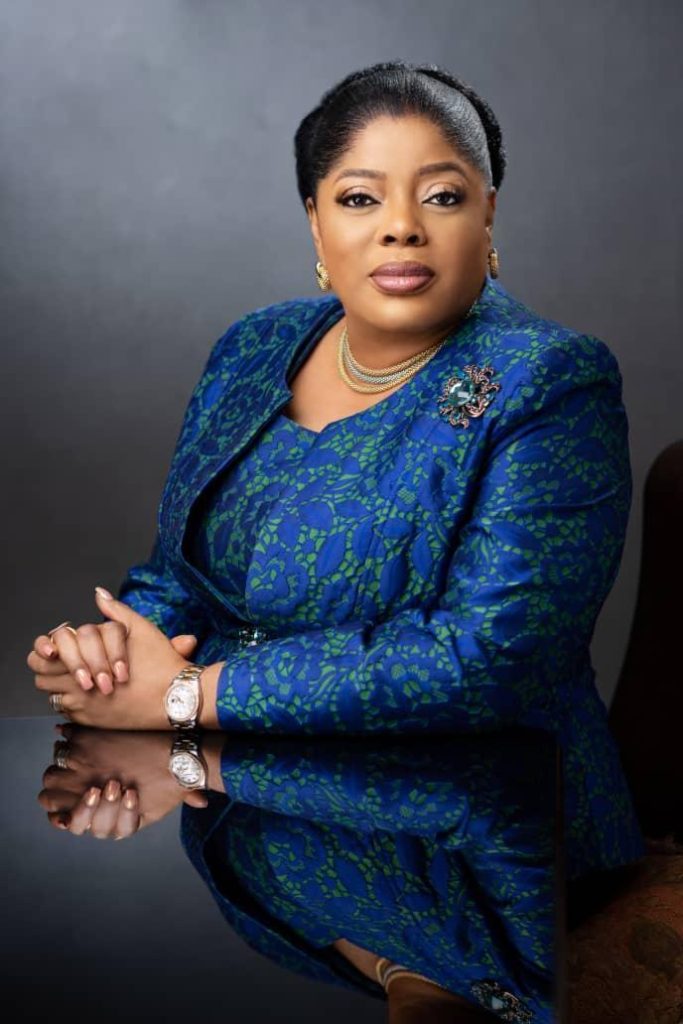



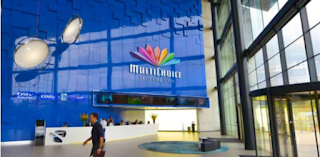

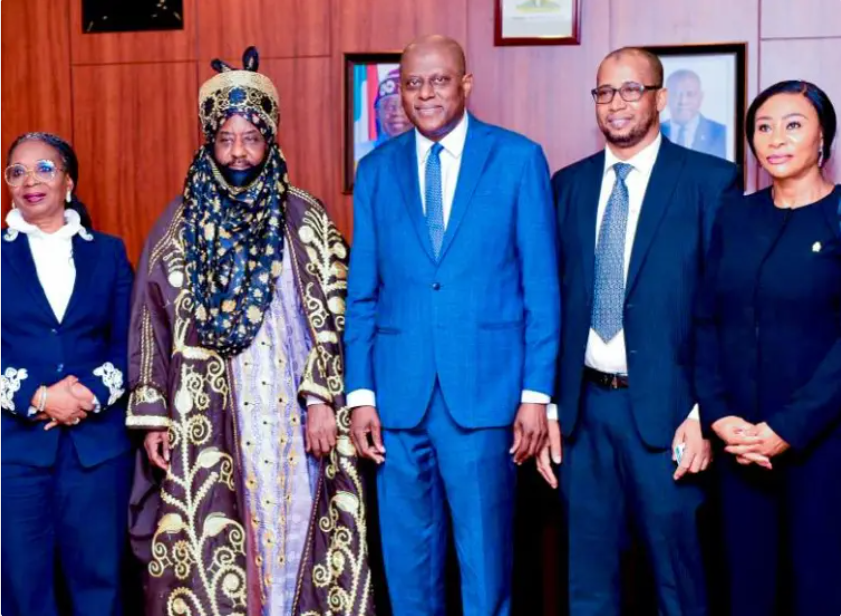


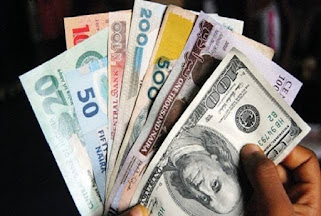





.jpg)